PAW Healthcare: Expert Round 2: Clinical and Pharmaceutical Research
Date:
Friday, June 18, 2021
Time:
10:10 am
Track:
Summary:
1. TriAl: Text and Data Mining for Drug Project Prioritization (Markus Bundschus)
The TriAI methodology is based on the observation that publication patterns can be considered as early success indicators for clinical developments. The ultimate goal of this project was to complement portfolio
decisions by providing rankings to decision makers that are based on machine learning on retrospective data. TriAI won the German Roche Innovation Award for Digitalization. In this short presentation we will present lessons learned how to best deliver machine learning results to the end-user in order to enhance trust for the algorithms.
2. Discovering Key Topics from Real-World Medical Inquiries via Natural Language Processing at Bayer – (Angelo Ziletti)
Millions of unsolicited medical inquiries are received by pharmaceutical companies every year. It has been hypothesized that these inquiries can give insight into medicinal products and associated treatments. Here, we use natural language processing and unsupervised learning to discover key topics in real-world medical inquiries. The discovered topics are meaningful and medically relevant, thus demonstrating that unsolicited medical inquiries are a source of valuable customer insights.
3. Healthcare Data Platforms and Machine Learning at Cochrane (Julian Everett)
Cochrane’s mission is to promote evidence-informed health decision-making by producing high quality systematic reviews and other synthesized research evidence. Their work is internationally recognized as the benchmark for high-quality information about the effectiveness of health care, and informs over 90% of the guidelines produced by the WHO. They have recently undertaken a number of initiatives which are collectively transforming their core data and content production pipelines via a mix of machine learning, crowd and knowledge graph technologies. This is reducing the lead time and cycle time for new evidence to be published, greatly enhancing its discoverability, and enabling a near-realtime capability to produce baseline datasets that summarise the current state of knowledge about specific clinical research questions. This is in turn enhancing access to the latest research findings for point-of-care clinical decision making. In this talk, you will learn how Wardley Mapping and Domain Driven Design techniques can be used to guide strategic decisions about where and how machine learning, crowd-sourcing and knowledge graph techniques can best be deployed to solve real-world business problems. It will also explore how to ensure competitive advantage can be maximised within budget limitations via a relentless focus on core domain market differentiators, and techniques for successfully managing the change impacts of machine learning on business workflows.
